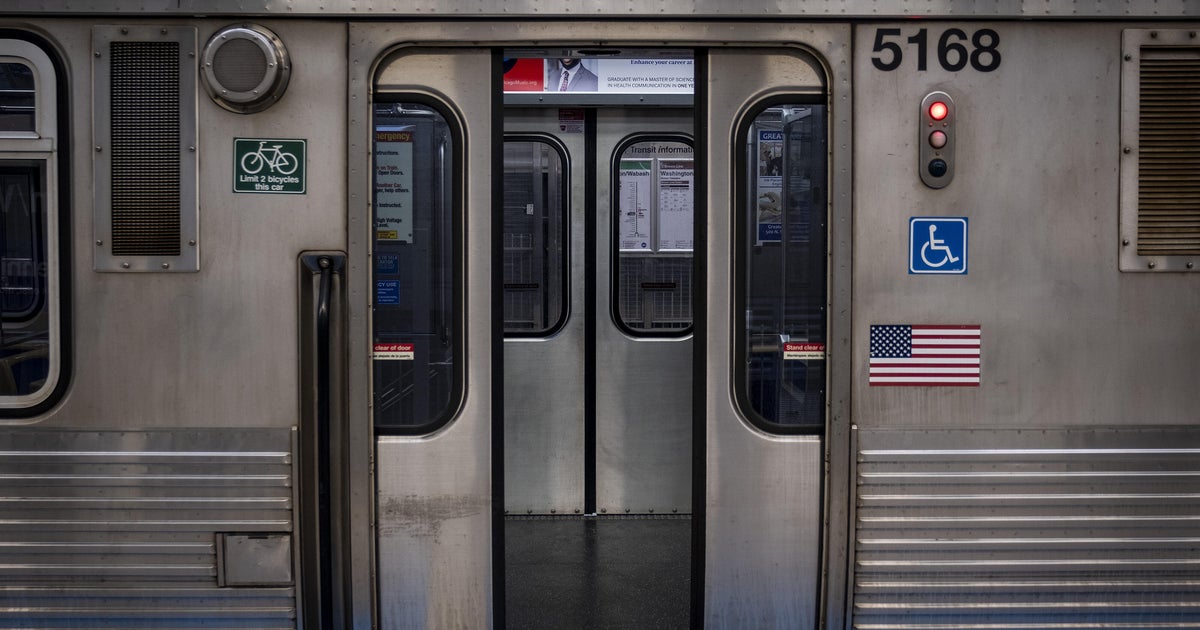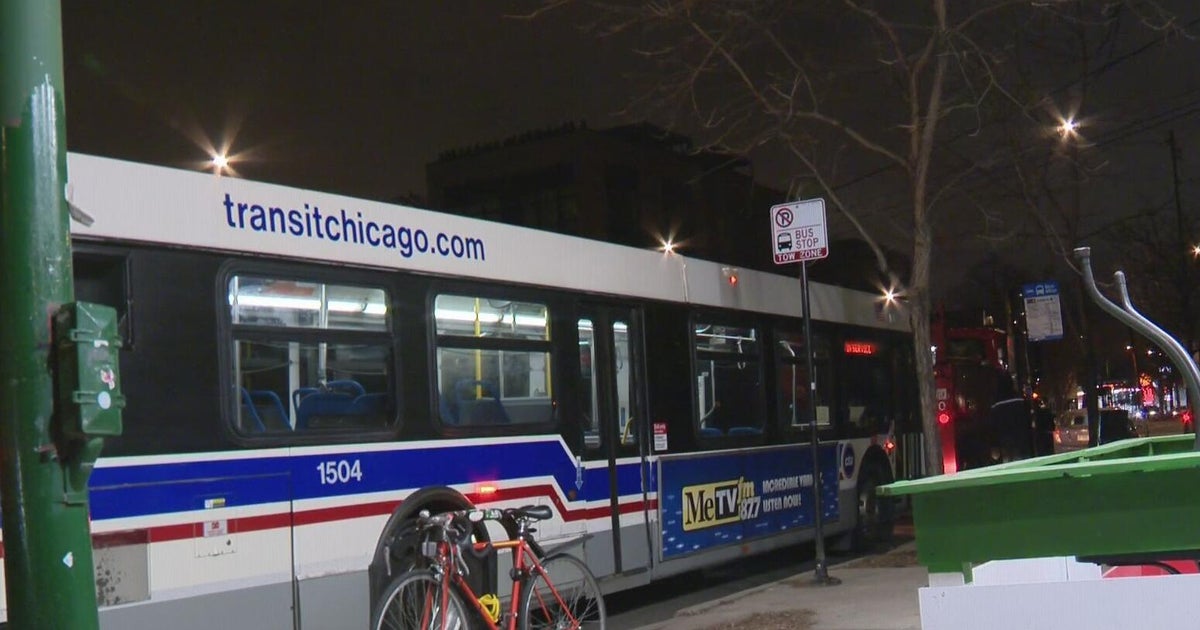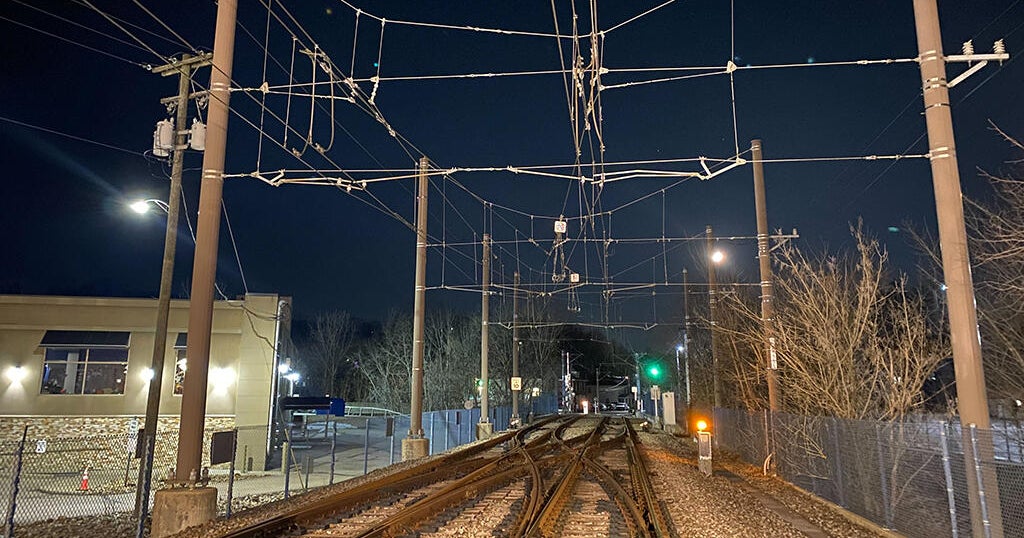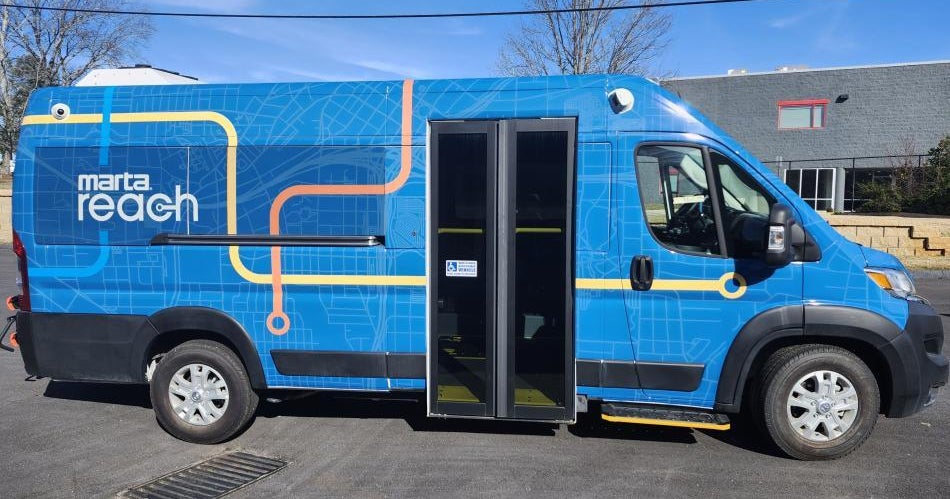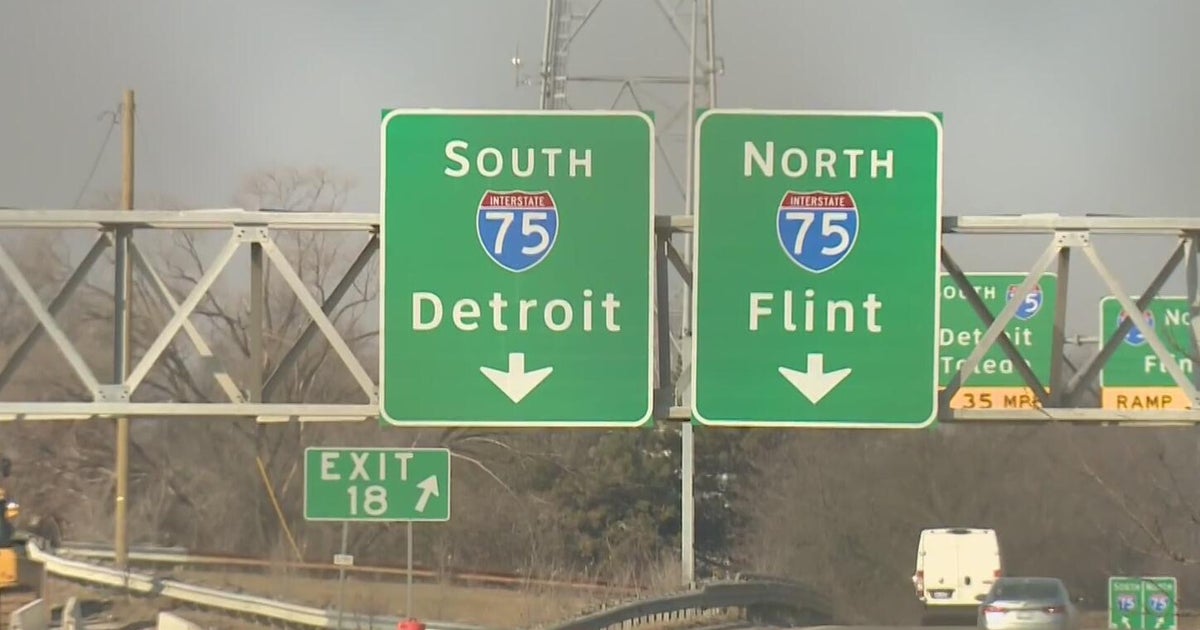Study Finds 'Seniors Ride Free' Price Tag $38M
CHICAGO (WBBM) - A newly-completed study shows that the free rides program offered to senior citizens and low-income Chicago-area residents with disabilities cost the CTA, Metra and Pace at least $37.7 million last year.
LISTEN: Newsradio 780's Bob Roberts Reports
Podcast
The losses could be as high as $116.2 million, depending on how often those taking free rides used the system before the programs took effect in 2008, and what they had paid.
The study, commissioned by the Regional Transportation Authority (RTA) and conducted by the UIC Urban Transportation Center, found that 28 percent of those riding free had annual incomes of $55,000 or more.
But the 144-page study, released Tuesday, indicated that Chicago-area transit agencies would not even recoup half of the "lost" fares if eligibility for senior free rides also were income-based.
The study indicated that 44 percent of the seniors who ride, representing 59 percent of the rides, would still qualify if eligibility were tied to the state of Illinois Circuit Breaker program, as proposed under legislation that has stalled in Springfield.
Among the other statistics in the study:
- 50 percent of those riding free reported taking more transit trips during rush hours and 52 percent more during weekends.
- 44 percent of seniors who have free ride cards never registered for the half-fare program that was in place before March 2008.
- 33 percent had incomes of less than $22,000 a year.
- 28 percent responded that they ride transit more often as a result of the program.
- 13 percent reported taking rides that are work-related.
- In the first 20 months of the program, 6.6 percent of those using the CTA, Metra and Pace rode for free.
- There appears to be little, if any, diversion of riders from Pace paratransit service to the free Circuit Breaker rides. Pace hoped to achieve a significant diversion in order to reduce its costs, which it estimates at well over $40 a ride.
Legislators have indicated that they are ready to review eligibility standards for the seniors' free ride program, enacted in March 2008 at the insistence of then-Gov. Rod Blagojevich as a prerequisite for providing new revenue streams to the area's transit agencies.
Gov. Pat Quinn said again Tuesday that he wanted to keep the program. Riders surveyed for the UIC study largely agreed, with 71 percent saying it should continue as is, 24 percent saying it should be limited to low-income seniors and 4 percent saying it should be discontinued.
RTA officials have said that they do not believe the program is sustainable, and the UIC study appears to back them up.
"Whatever assumptions are made about the future, the result of the free ride programs will have a significant impact on the financial future of the RTA and its service boards," the study states.
It estimates that the senior population in the six-county region will double by 2030 from 870,000 to 1,780,000 -- 17.6 percent of the total population. It also expects the number of persons with disability to increase in the city of Chicago to 1.24 million and in the six-county area to 2.08 million.
Assuming a modest 20 percent increase in fares by 2030, that would increase the loss to between $59.9 and $177.1 million a year.
The RTA said, in a press release accompanying the report, that it hopes the study helps legislators gain a greater understanding of the programs' impacts and better inform their decisions.
